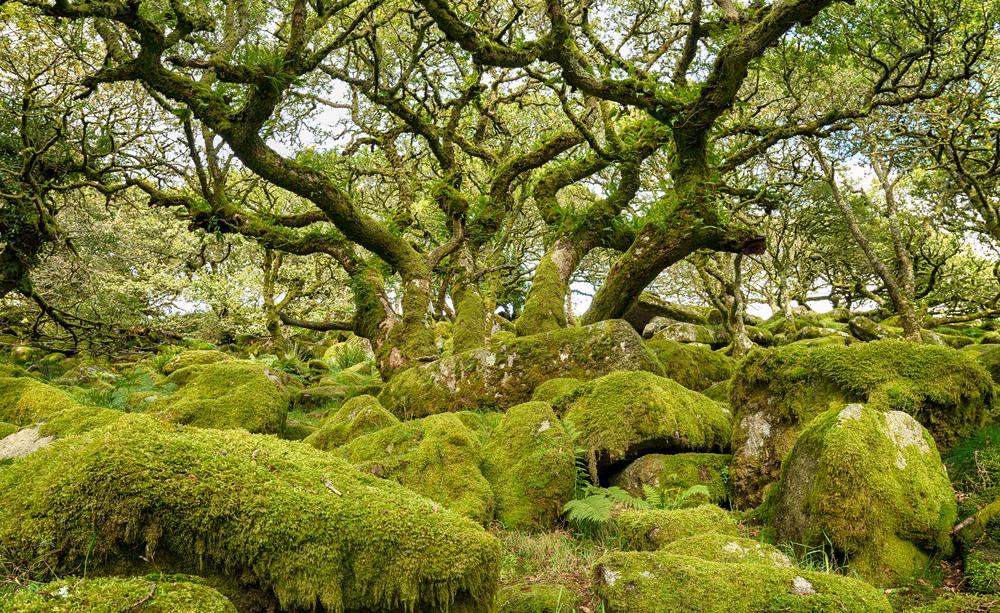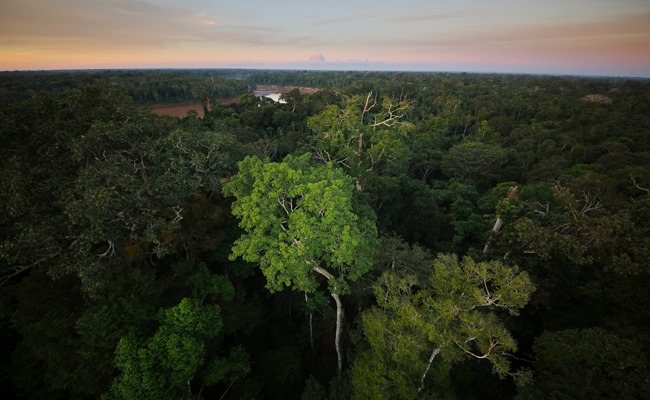Forests cover about 31% of the Earth’s land area and are critical to the health of our planet. They are often referred to as the “Lungs of the Earth” due to their ability to absorb carbon dioxide and release oxygen. However, deforestation, climate change, and urbanization pose significant threats to these ecosystems. In this article, we will explore the numerous benefits of forests and highlight the importance of protecting our forests for future generations.
Biodiversity hotspots
Forests account for over 80% of the world’s terrestrial biodiversity. They provide habitat for countless species of plants, animals, fungi, and microorganisms. This rich biodiversity is essential to maintain ecological balance and support life on Earth. By protecting forests, we save these ecosystems and the countless species that depend on them, many of which have yet to be discovered.
Climate control
Forests play an important role in regulating the Earth’s climate. They act as carbon sinks, absorbing significant amounts of carbon dioxide from the atmosphere and helping to mitigate climate change. Through the process of photosynthesis, trees convert CO2 into oxygen, making forests essential for maintaining air quality. Protecting and restoring forests can significantly reduce greenhouse gas emissions and help combat global warming.
Water cycle maintenance

Forests are an integral part of the water cycle, influencing rainfall patterns and water availability They help maintain groundwater levels and regulate stream flow, reducing the risk of floods and droughts. Forest aquifers filter pollutants, improve water quality, and provide clean drinking water for millions of people. Protecting these areas ensures the sustainability of our freshwater resources.
Soil conservation
Healthy forests stabilize soils with their root systems preventing soil erosion. They increase soil fertility by decomposing organic matter and contribute to nutrient cycling. When forests are removed, the soil becomes vulnerable to erosion, reducing agricultural productivity and increasing sedimentation in rivers and lakes. By protecting forests, we protect soil integrity and support sustainable land use.
Economic benefits
Forests provide a wide range of economic benefits, including timber, non-timber forest products (such as fruits, nuts, and medicinal plants), and recreational opportunities. Sustainable forest management can contribute to local economies by creating jobs in forestry, tourism, and conservation. Investing in forest protection not only helps conserve these resources but also supports the livelihoods of communities that depend on forests.
Cultural and spiritual significance
Forests hold deep cultural and spiritual significance for many indigenous communities and cultures worldwide. They are often considered sacred places, rich in tradition and history. Protecting forests helps preserve the cultural heritage and identity of these communities, ensuring that future generations can connect to their ancestral land and heritage.
Health and well-being
Spending time in forests and natural environments has been shown to improve mental health and overall well-being. Forests provide space for recreation, relaxation, and stress relief. They promote physical activity through hiking, walking, and other outdoor activities, contributing to a healthy lifestyle. Access to green spaces is essential to enhance the quality of life in urban areas, where concrete jungles dominate.
Forests are invaluable ecosystems that provide countless benefits to the environment, economy, and society. Protecting our forests is not only important for protecting biodiversity and combating climate change, but it is also essential for maintaining clean water, healthy soil, and cultural heritage. As stewards of the earth, it is our responsibility to advocate for forest conservation and sustainable management practices. By doing so, we ensure a healthy planet for ourselves and future generations.
Read Also: Preserving Natural Heritage
![]()






One thought on “The Benefits of Forests: Why We Need to Protect Our Woodlands”